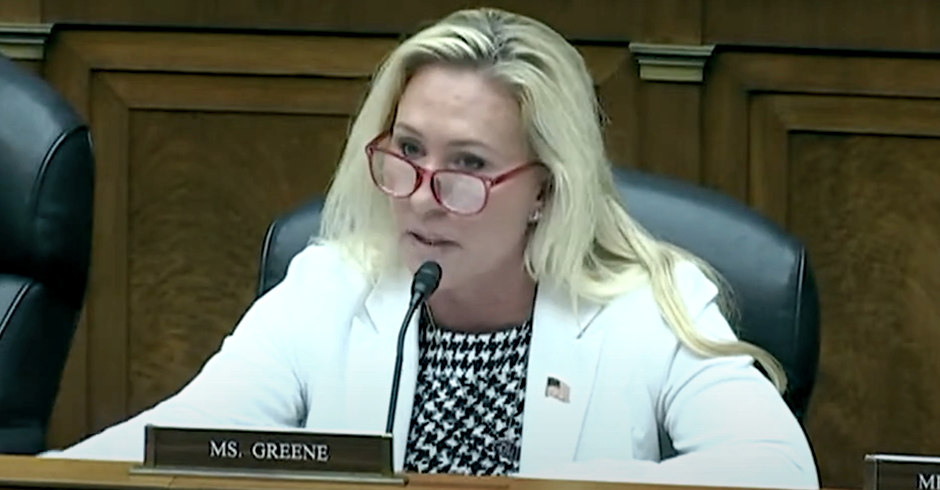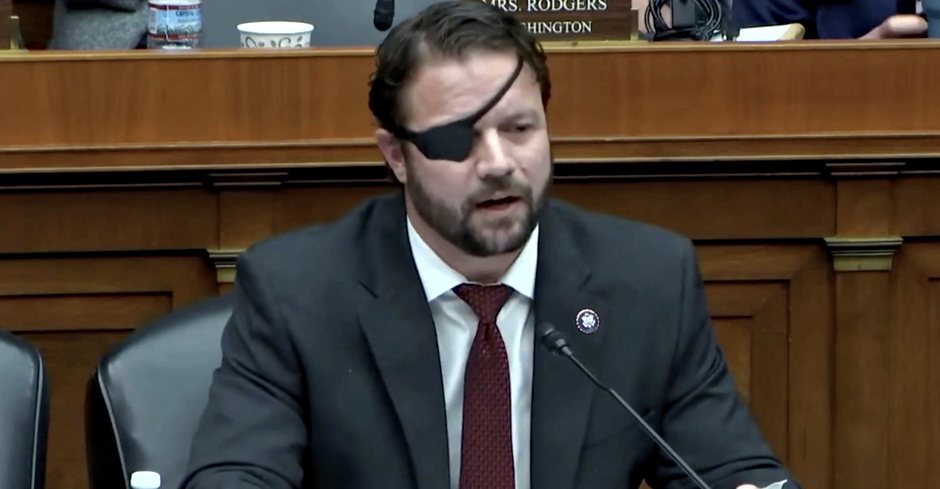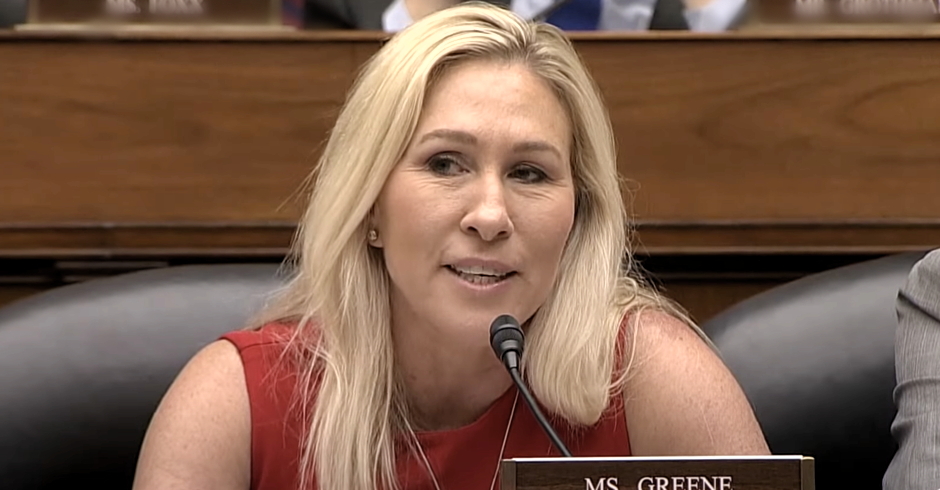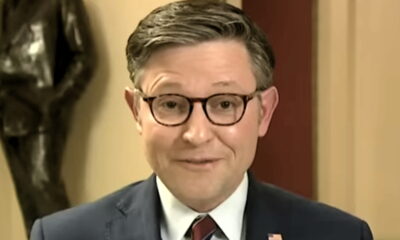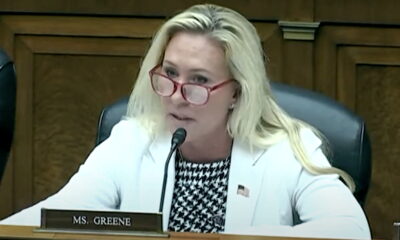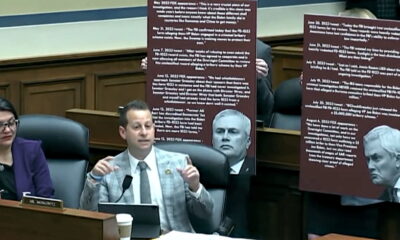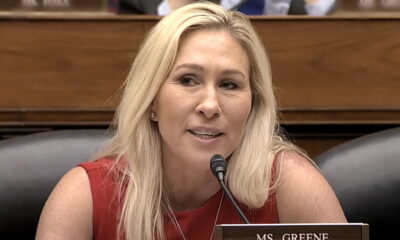Op-Ed: Rape Culture Awareness And Bill Cosby Allegations Raise Uncomfortable Questions
The allegations against Bill Cosby have been circulating for far too long to not be examined more closely.
On November 17, 2014, Whoopi Goldberg expressed doubts about the allegations made by Barbara Bowman, the woman who accused Bill Cosby of raping her when she was seventeen. She is the fifth of now seventeen women to publicly accuse the 77-year-old of sexual assault.
“Perhaps the police might have believed it. Or the hospital. Don’t you do a kit when you say someone has raped you?†Goldberg asked.
This is not about gender, it’s about power. Men who are raped experience the same shame and carry the same burdens. Perhaps, in some cases, even more, given the society’s gender expectations that have been shattered by the violation, along with the personal, physical assault.
Taking one’s rapist to task is not simply a matter of telling the truth in the hopes one’s accusations will be taken seriously (validated only by the findings of a rape kit and a corroborating statement to law enforcement). Asserting one’s power in this context, requires a deep, inner strength to face the consequences of the rape long after the incident itself.
In an open letter to Whoopi Goldberg on phillymag.com, Lis Spikol takes her to task on her reluctance to believe Bowman for not reporting Cosby at the time of the assault.
“Why don’t we tell, Whoopi? Because our skin burns with shame. I thought my body would never get clean, not only from him but from my own stupidity and weakness. The minute after it ended I felt like I was being torn into pieces, like I was on fire, and I just wanted to shower. I felt crazy, confused, angry, beaten, lost, like I had a zipper running from throat to naval. I felt more alone than I’ve ever felt before or since. I felt like the severed pieces of my body were floating in darkness. I felt savaged. I felt terrified.â€
Former supermodel Janice Dickinson has also been added to the growing list of women stepping out publicly to accuse comedian of sexual assault. In a graphically detailed interview with Entertainment Tonight, she relayed the incident she says happened in 1982.
“The last thing I remember was Bill Cosby in a patchwork robe, dropping his robe and getting on top of me. And I remember a lot of pain. The next morning I remember waking up with my pajamas off and there was semen in between my legs,†said Ms. Dickinson.Â
As to why she waited until now to say anything, Ms. Dickinson expressed an all too familiar response. “I was afraid of the consequences. I was afraid of being labelled a whore or a slut and trying to sleep my way to the top of a career that never took place,†she said, “I want to talk about this now and I want to really support the other women who have gone through this.â€
Cecile Lipworth, Managing Director at V-Day empathized with Ms. Spikol. “Over the years that I’ve worked with so many women who have been raped/sexually assaulted, many have said almost exactly the same thing,†she told me. “The last line of this letter is the most powerful and is exactly the cost of violence against women that I know – so many women I have met merely survive the rest of their lives…they ‘haven’t completed any of my life’s coursework since that night.’â€
In certain cultures, one’s value as a human being is diminished by the act that’s been leveled against the victim. It’s why some victims are murdered under the disgusting guise of “honor killing” because they surely must have provoked the attack by simply being in the wrong place at the wrong time. Forever tarnished whores violating the sanctity and purity of entitled male expectation.
Families are shamed and shunned as well. Making a claim against a rapist or attacker subjects the victim to ridicule, humiliation and punishment – even from, if not especially by, the very police to whom the crime is being reported to the hospital administering an invasive, painful inspection with the contents of the rape kit, assuming there is one.
Patriarchic religions demand that women cover themselves from head to toe because the onus rests upon the women to deter the violent sexual behavior of men, rather than demand control from the men for whom women exist as mere objects.
The perils of ignoring rape allegations coupled with high profile accusations and exonerations complicate our response (or lack thereof) to sexual assault.Â
On November 19, 2014, a Rolling Stone magazine article, “A Rape on Campus: A Brutal Assault and Struggle for Justice at UVA,” by Sabrina Rubin Erdely went viral. The jaw-dropping account of Jackie – a freshman at the University of Virginia – detailed her harrowing ordeal after she was brutally assaulted by seven men at a frat party. A gruesome tale that epitomizes the essence of rape culture. A female friend, in the immediate aftermath, questioned the wisdom of going to hospital given the cost to Jackie’s reputation. The ostracism that would inevitably follow the “girl who cried ‘rape’.†Jackie didn’t go to the hospital that night. Â
On November 22, 2014, in a mea culpa response to the Rolling Stone article, University of Virginia President Teresa A. Sullivan suspended all fraternity activity until January, admitting the organization’s failure to respond appropriately.
“The wrongs described in Rolling Stone are appalling and have caused all of us to reexamine our responsibility to this community. Rape is an abhorrent crime that has no place in the world, let alone on the campuses and grounds of our nation’s colleges and universities,â€Â wrote Ms. Sullivan in an officially released statement. “We know, and have felt very powerfully this week, that we are better than we have been described, and that we have a responsibility to live our tradition of honor every day, and as importantly every night.â€Â
Jackie’s ordeal shines a light on the power imbalance. To the extent that the rapists are students from the University of Virginia, her account is tantamount to betrayal of the institution. Sullying their reputation, dragging them down with her. Where appearances are valued above ethics and loyalty toward the brand, trumps the transgression of the individual. There’s a reason some students call the institution “UVrApe.”
Ms. Sullivan may have suspended fraternity activities in belated embarrassment in the wake of Rolling Stone’s exposé, but in the culture of America’s alumni system, there’s only one person who will “never eat lunch in this town again,†and none of them are Jackie’s rapists.
Bill Cosby is a globally recognized and respected celebrity. And at the time of these assaults, much loved. The allegations are beginning to take their toll, however, as NBC and Netflix have both canceled Cosby projects, and TV Land has pulled Cosby Show reruns.
In an interview in Australia on Friday, Cosby finally responded to the allegations, stating: “”I know people are tired of me not saying anything, but a guy doesn’t have to answer to innuendos. People should fact check. People shouldn’t have to go through that and shouldn’t answer to innuendos.”Â
In a stunning display of cluelessness and contextual tone deafness, CNN anchor Don Lemon told one of the alleged victims, Joan Tarshis, who alleges Cosby raped her when she was 19, that “there are ways not to perform oral sex if you didn’t want to do itâ€. His remedy for warding off the assault – use her teeth. As is the pattern, Ms. Tarshis didn’t report the rape because she felt that no one would believe a teenager’s word against “Mr. America.â€
Taking on Cosby would be difficult for anyone, let alone a young girl, who would not only be faced with the comparably endless resources at his disposal to discredit her, but her own self-doubt, fear compounding the injuries to both her body and psyche. And while reporting a rape will almost guarantee a challenge to the victim’s integrity, according to Ms. Rubin Erdely, studies indicate that false rape reports account for, at most, eight percent of reports. There’s not much of an upside to pretending to be raped.
In racially charged America, Bill Cosby’s behavior is especially disappointing. Not to mention how ironic his admonishments to young black men, to buck up and pull up their baggy pants, seem now.
Perhaps it is why Whoopi Goldberg is desperate to give Bill Cosby the benefit of any doubt. And while Goldberg has certainly experienced life as a black woman, her extraordinary success affords her a unique prism. And a position of privilege that perhaps informs her opinions, along with a platform from which to express them.
The election of America’s first black President has unleashed some of the worst racism we’ve seen in America in decades. With the Ku Klux Klan alive and well and inciting hate in Ferguson, it’s natural to want to defend a role model and beloved figure like Bill Cosby, and question the motives and doubts of anyone wanting to bring him down. But challenging the words of a victim of sexual assault, no matter how long after the incident, is part of another pattern, and reason why women feel conflicted about coming forward to begin with.
Whether we like it or not, the Bill Cosby saga is complicated by gender, race, privilege and celebrity. As was the violent gang rape at West Virginia University. Former President Bill Clinton faced sexual assault accusations, and there are some opining that there’s a double standard at play.
But at its heart, like rape itself, this is a story about power.
There’s no escaping that if a young Barbara Bowman was raped by Bill Cosby, the questioning of her motives, and reactions like those of Whoopi Goldberg do a disservice to women everywhere. Attitudes that underscore the very reason for which she’s being attacked and doubted today. That taking on one’s attacker is not only difficult, (and not only in extreme circumstances like Jackie’s) but sets one on a path that will lay bare one’s deepest fears, perpetuate one’s self-doubt and re-victimize one over and over again.Â
No matter how soon or far after the event itself, reporting it is a continuation of the assault. And that’s a best case scenario.
Long after the physical pain has subsided and wounds have healed. If indeed, they ever do.Â
Â
Image: Clinton Fein

Enjoy this piece?
… then let us make a small request. The New Civil Rights Movement depends on readers like you to meet our ongoing expenses and continue producing quality progressive journalism. Three Silicon Valley giants consume 70 percent of all online advertising dollars, so we need your help to continue doing what we do.
NCRM is independent. You won’t find mainstream media bias here. From unflinching coverage of religious extremism, to spotlighting efforts to roll back our rights, NCRM continues to speak truth to power. America needs independent voices like NCRM to be sure no one is forgotten.
Every reader contribution, whatever the amount, makes a tremendous difference. Help ensure NCRM remains independent long into the future. Support progressive journalism with a one-time contribution to NCRM, or click here to become a subscriber. Thank you. Click here to donate by check.
 |
